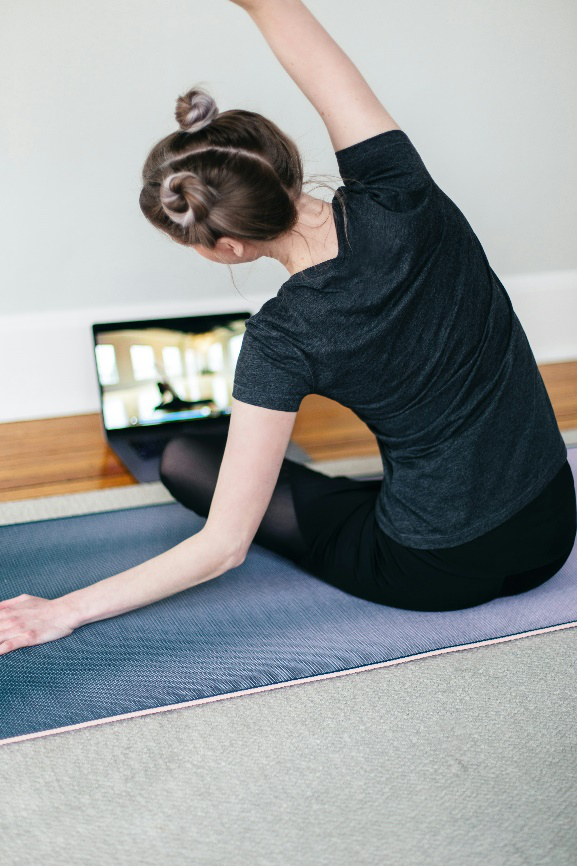As the days grow shorter and colder, many of us experience a noticeable shift in mood. The winter months can be challenging for mental health, with seasonal depression—often called Seasonal Affective Disorder (SAD)—impacting countless people worldwide. If you’ve felt more sluggish, irritable, or simply not yourself during winter, you’re not alone.
Let’s explore how to recognize these feelings and make small yet impactful lifestyle adjustments to brighten up your season.
Understanding Seasonal Depression
First, it’s essential to understand what seasonal depression entails. It’s more than just the “winter blues.” Seasonal depression can affect your energy levels, sleep patterns, and overall mood, often leading to feelings of sadness or even hopelessness.
Recognizing these signs is the first step toward effective seasonal depression management. While it’s normal to feel a little down when sunshine is scarce, persistent feelings that affect your daily life may need attention and care.

Bring More Light into Your Life
One of the biggest contributors to seasonal depression is the lack of sunlight. Sunlight plays a crucial role in regulating our mood and energy by influencing our body’s serotonin levels. Even a few minutes of exposure to natural light can have a mood-boosting effect.
Here’s how you can maximize your light exposure during winter:
- Start your day with natural light: Open your curtains as soon as you wake up to let in as much sunlight as possible. Consider positioning your workspace by a window if you’re working from home.
- Invest in a light therapy lamp: Light therapy lamps mimic natural sunlight and can be a game-changer if you’re in a location where the sun rarely appears during winter. Try to use it for 20-30 minutes each morning for optimal effects.
- Decor with natural touches: Incorporating natural elements into your home decor, such as indoor plants or earthy tones, can also brighten up your space, creating a warmer and more inviting atmosphere. It’s a small step, but it can help lift your spirits on gloomy days.
Move Your Body, Lift Your Mood
Exercise might be the last thing on your mind when it’s cold and dark outside, but staying active is key to managing seasonal depression. Physical activity releases endorphins, which act as natural mood lifters. You don’t have to run a marathon—small activities count, too.
- Try home workouts: On days when going outside feels too daunting, a quick home workout or yoga session can do wonders. Choose workouts that you genuinely enjoy; sometimes, mixing and matching different activities keeps things interesting.
- Take brisk walks outside: If you’re able, bundle up and take a short walk outside, even on chilly days. A bit of fresh air can clear your mind, and moving your body helps you feel more grounded and energized.
- Elevate your space for exercise: If you’re doing home workouts, creating a dedicated workout nook with natural elements and enough space to move can make exercising more enjoyable.

Nurture Yourself with Warm, Comforting Foods
During winter, it’s easy to turn to comfort foods, but the wrong choices can leave you feeling even more sluggish. Aim for a balanced diet with nourishing foods that keep your energy levels steady.
- Include mood-boosting foods: Foods rich in omega-3s, like salmon and walnuts, as well as leafy greens and colorful fruits, can have a positive impact on your mood.
- Embrace warm meals and drinks: There’s something inherently comforting about a warm cup of herbal tea or a homemade soup. These can be soothing to both body and mind.
- Explore culinary travel experiences at home: Trying new, comforting recipes inspired by global cuisines can lift your spirits. A culinary-focused luxury travel experience right in your kitchen can bring some excitement to your winter routine.
Prioritize Restful Sleep
Sleep disruptions are common with seasonal depression, but a consistent sleep schedule can help stabilize your mood. Here’s how to prioritize restful sleep:
- Create a bedtime ritual: A calming routine before bed—whether reading a book, stretching, or journaling—can help signal your body to wind down.
- Limit screen time at night: Blue light from screens can interfere with your body’s natural sleep rhythms. Consider turning off screens an hour before bed or using blue-light-blocking glasses if needed.
- Make your space cozy: Incorporate sustainable and eco-friendly interior design options, like soft, natural textiles and comfortable blankets, to make your bedroom a cozy retreat.

Embrace Winter with Self-Care
Winter may have its challenges, but with a little extra self-care and effective seasonal depression management, we can feel more balanced and fulfilled throughout the season. Let’s embrace winter by focusing on what we can control—nourishing our bodies, brightening our spaces, and connecting with others. If you’re ready to explore more about wellness and personal growth, don’t miss my latest insights on travel and lifestyle on my blog.
Follow me on Instagram, Facebook, and YouTube for more daily tips on well-being and style. And if you’re looking to refresh your winter wardrobe, check out my fashion brand, Unseenrealities, for pieces that keep you feeling inspired and confident.






